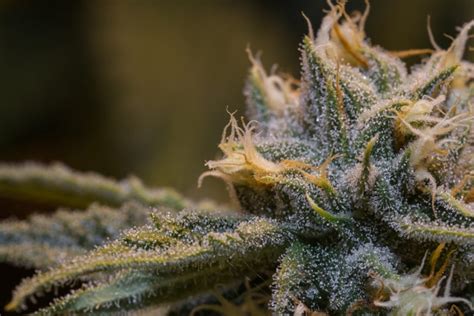
Treating pain is the most common justification given by the many millions of Americans who use cannabinoids, the primary active components in marijuana. However, there’s substantial evidence that a cannabis placebo — a substance designed to mimic the real thing in appearance, smell, taste, and feel — provides very similar pain relief, suggesting a possible psychological component in its efficacy.
Medical cannabis is now available in various forms, from gummy bears to lotions, sparking curiosity about its effects. Despite the presence of misinformation online, it’s crucial to rely on credible sources to understand if medical marijuana could be beneficial for you.
It’s known that smoking is the quickest way to experience marijuana’s effects, but it’s also true that marijuana smoke shares many harmful components found in cigarette smoke, which are linked to heart disease and cancer. The history of marijuana, derived from the Cannabis sativa plant, stretches back over 6,000 years.
Research from the Rockefeller Institute of Medical Research has shown that CBD, a component of cannabis, can help reduce inflammation and the neuropathic pain it causes. Furthermore, a 2018 study found that CBD might aid in preventing relapse in drug and alcohol addiction.
Anesthesiologists highlight that marijuana consists of more than 500 chemicals, including cannabinoids like THC and CBD. THC interacts with specific receptors in the brain, but the full scope of marijuana’s effects and mechanisms is still being studied.
Analyses of Medicaid prescription data indicated that states with medical marijuana laws saw a decrease in opioid prescribing, suggesting that cannabis might play a role in managing pain without the same reliance on opioids. However, the heart-related risks of marijuana, such as increased heart rate and blood pressure, are noteworthy, especially for those with heart conditions.
In conclusion, while there is evidence supporting the pain-relief capabilities of cannabis, there are also risks and a potential placebo effect at play. The question of whether cannabis truly alleviates pain remains nuanced, with ongoing research necessary to fully understand its benefits and limitations.